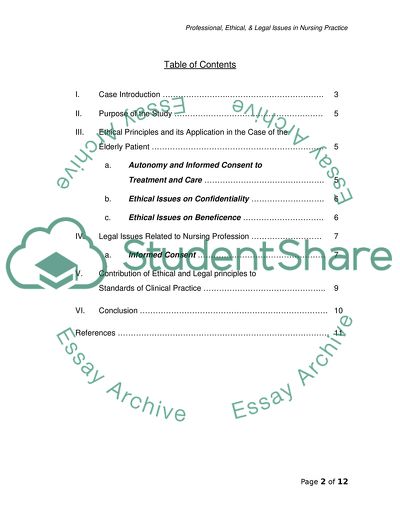Cite this document
(The Patient Care and Medical Investigation Term Paper, n.d.)
The Patient Care and Medical Investigation Term Paper. Retrieved from https://studentshare.org/nursing/1714578-proffessional-issues-in-practice
The Patient Care and Medical Investigation Term Paper. Retrieved from https://studentshare.org/nursing/1714578-proffessional-issues-in-practice
(The Patient Care and Medical Investigation Term Paper)
The Patient Care and Medical Investigation Term Paper. https://studentshare.org/nursing/1714578-proffessional-issues-in-practice.
The Patient Care and Medical Investigation Term Paper. https://studentshare.org/nursing/1714578-proffessional-issues-in-practice.
“The Patient Care and Medical Investigation Term Paper”. https://studentshare.org/nursing/1714578-proffessional-issues-in-practice.


